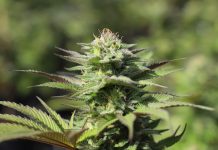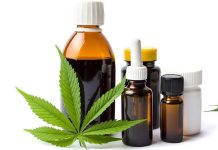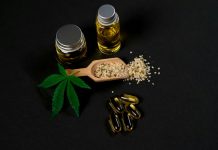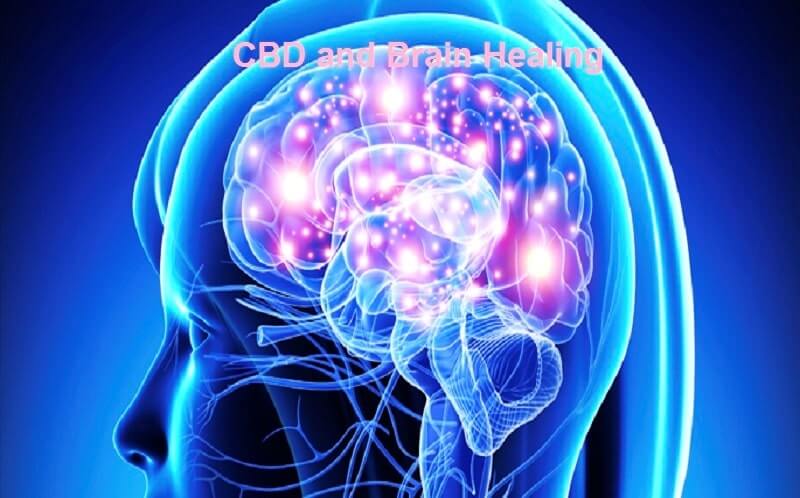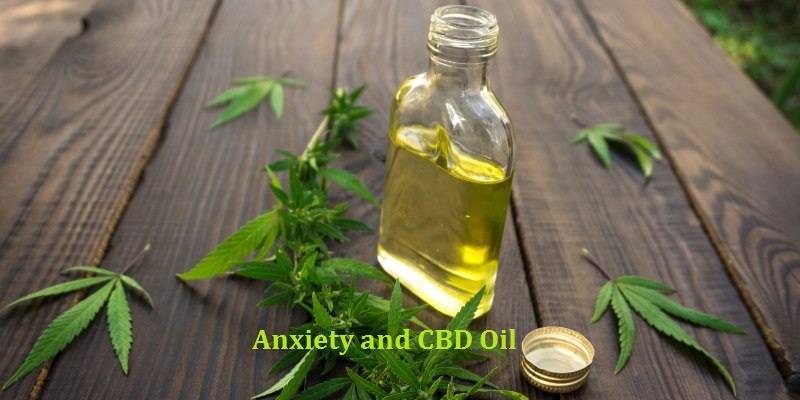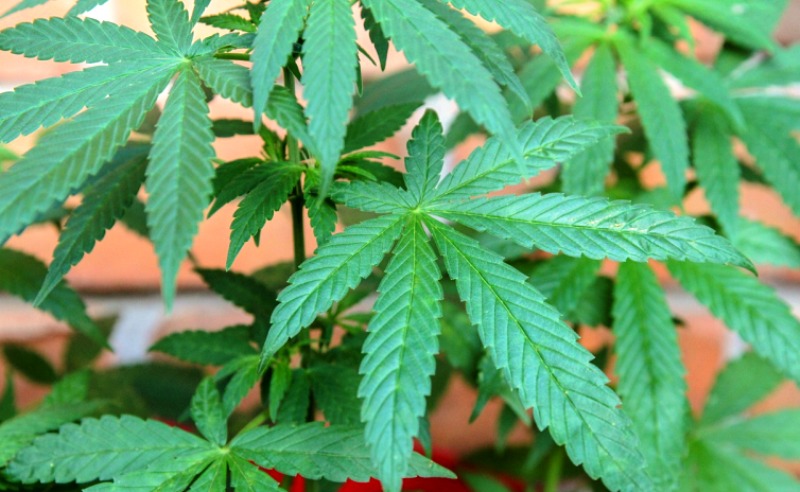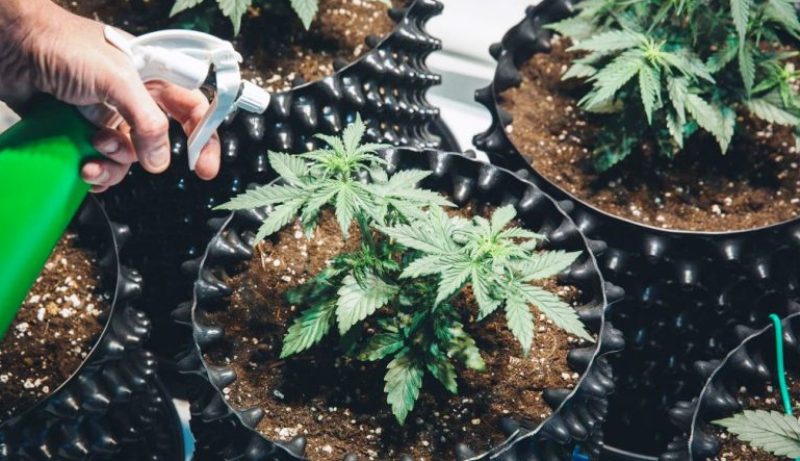Depression, a prevalent mental health disorder, affects millions worldwide. Traditional treatments like antidepressants and therapy have limitations, driving the search for alternative therapies. Cannabidiol (CBD), a non-psychoactive compound derived from the cannabis plant, has emerged as a potential candidate for alleviating depression symptoms. While its efficacy is still under investigation, exploring CBD’s mechanisms provides valuable insights into its therapeutic potential.
Interaction with the Endocannabinoid System (ECS):
The Endocannabinoid System (ECS) regulates mood, stress response, and emotional processing. CBD interacts with the ECS by inhibiting the reuptake of endocannabinoids like anandamide. By enhancing endocannabinoid signaling, CBD may modulate mood and alleviate depressive symptoms.
Promotion of Neurogenesis:
Depressive disorders are associated with decreased neurogenesis in certain brain regions. Preclinical studies suggest that CBD promotes neurogenesis, the growth of new neurons. This neuroprotective effect could contribute to CBD’s antidepressant properties by enhancing brain plasticity and resilience to stress.
Serotonin Receptor Activation:
Serotonin, a neurotransmitter, plays a crucial role in mood regulation. CBD interacts with serotonin receptors, particularly the 5-HT1A receptor subtype. By modulating serotonin receptor activity, CBD may enhance serotonin signaling, similar to conventional antidepressants, thereby alleviating depressive symptoms.
Anti-inflammatory Effects:
Chronic inflammation has been implicated in the pathophysiology of depression. CBD exhibits potent anti-inflammatory properties by inhibiting cytokine production and reducing microglial activation. By attenuating neuroinflammation, CBD may mitigate depressive symptoms associated with inflammatory processes in the brain.
Regulation of the Stress Response:
Dysregulated stress response systems are implicated in depression. CBD modulates the hypothalamic-pituitary-adrenal (HPA) axis and reduces the release of stress hormones like cortisol. By regulating the stress response, CBD may mitigate the negative impact of chronic stress on mood and mental well-being.
Anxiolytic Effects:
Anxiety commonly co-occurs with depression, and CBD has demonstrated anxiolytic properties in preclinical and clinical studies. By reducing anxiety symptoms, CBD may indirectly alleviate depressive symptoms and improve overall mood and quality of life.
Antioxidant Properties:
Oxidative stress, resulting from an imbalance between antioxidants and reactive oxygen species, is implicated in depression. CBD possesses potent antioxidant properties, scavenging free radicals and reducing oxidative damage. By mitigating oxidative stress, CBD may protect against neuronal damage and alleviate depressive symptoms.
Conclusion:
The mechanisms underlying CBD’s potential antidepressant effects are multifaceted and interconnected. Through its interaction with the Endocannabinoid System, promotion of neurogenesis, modulation of serotonin receptors, anti-inflammatory effects, regulation of the stress response, anxiolytic properties, and antioxidant activity, CBD exerts a holistic influence on brain function and mood regulation.
While promising, further research, including well-controlled clinical trials, is needed to elucidate CBD’s efficacy, safety profile, and optimal dosing regimens for depression treatment. Nevertheless, the growing body of evidence underscores the therapeutic potential of CBD as a novel approach to managing depression and improving mental health outcomes.







